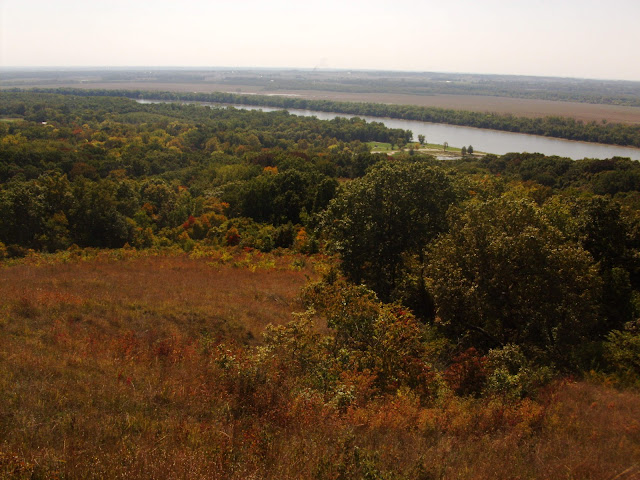Read the scintillating edition of Part One here! …Now, Part Two!
I pulled on my jacket as Zachary dragged his bulging backpack out of the car. The sunset glowed behind the mountains to the west, and I looked to the east through the newly-budded trees at the rising full moon. The air felt chilly, hinting at the near-freezing temperatures that the forecast predicted. I donned my smaller backpack, holding our clothes and food, and Zach carried all the rest of the equipment.
The trail split off from the gravel parking lot, a muddy path wide enough for us to walk side by side. With excited glances at each other, Zach and I set off.
Soon the mud gave way to a jumble of fist-sized rocks, with a trickle of spring water winding its way between them. We watched our footing to avoid twisting our ankles. The woods around us were silent, a lull between the daytime and nocturnal animals. Even the purple flowers growing in clumps along the trail had closed their petals.
We only hiked about a mile up the manageable incline before we realized we had barely enough daylight to set up camp. Zach pointed to a flat patch in the forest a dozen yards off the path, and I agreed that it looked like a good spot. We picked our way across rocky terrain and around a felled pine tree to our campsite.
Within a few minutes we had scraped the ground clean, scattering fallen leaves and tossing the jagged rocks to the side. The earth was spongey and black. We pitched our backpacking tent, which takes less than a minute to set up. The sleeping pads took considerably longer; I stood outside while Zachary tried to blow them up inside the tent. I hugged my jacket closer and watched as the last light of the sun faded, and the moonlight grew stronger. The color of the forest morphed from golden to blue as the trees’ outlines softened to silhouettes. One by one, stars began appearing in the purple sky. By the time Zach had finished getting the inside of the tent ready, the moon was shining so brightly that I could see my shadow.
I crawled into the tent and we lay side by side, wrapped up in the silence of the forest. The sleeping pads provided plenty of padding, and our sleeping bag was warm. We talked a little, but the forest makes you feel quiet. We listened to the distant call of a whip-poor-will, something I had never heard before but instantly recognized. It was a pleasant sound, a solo song in a silent forest. Miles away, we heard the sounds of dogs barking, and I listened closely before deciding that yes, those were dogs and not coyotes. Eventually I drifted off to sleep.
I was awoken by a loud woo-HOO! Woo-HOO! Zach jumped in his sleep and woke up. “It’s an owl,” I whispered (a Great Horned Owl, according to my guidebook). As I sank off to sleep a second time, I realized that the sleeping pad was getting colder and colder.
The third time I woke up, I felt like I was lying on an ice cube. Our sleeping bags don’t have insulation on the underside, assuming you’ll get a sleeping pad that’s warm enough. This sleeping pad was not. I shifted onto my side, trying to put the least amount of my body on the pad, and tried to go to sleep. The air leaking in the top of the sleeping bag bit my ears. I dove under the covers, curled up in a fetal position, and listened to the sound of my breathing and the crinkle of the sleeping bag material. I heard the whip-poor-will again, and listened to him for a long time.
The whole night, I drifted in and out of sleep, always waking up shivering, and freezing on whichever side was against the sleeping pad— but not the other. Confident that I wasn’t getting hypothermia, I curled up next to Zach and wondered when the sun would rise.
When the sun finally came up, I felt warmth seeping into me from the ground up. I dove under the bag and ended up sleeping in until 8:30, a total of about five hours for the whole night.
Zach and I crawled out of our tent and blinked in the sharp morning sun. It was time to break camp and start our hike.
~~~





















